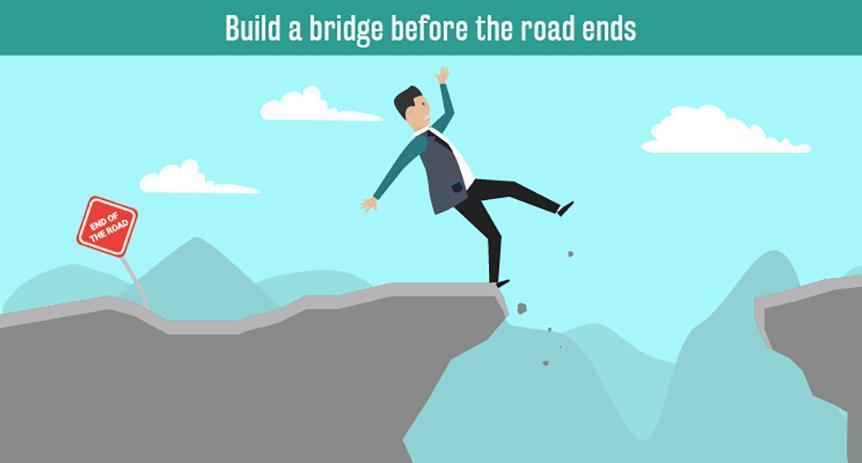Reading time: 4 minutes
There are a few activities that people like more than complaining. It’s imprinted in our DNA. And given that procurement people, management people, internal clients and suppliers are people – it’s in their DNA as well. This is just a taste: “Management doesn’t pay attention, procurement people and suppliers aren’t delivering what they are supposed to, internal clients are disinterested.” The list goes on and on. At times we even use this complain mode as a poor substitute for entertainment and definitely as an alternative to action. Let’s just take a day off and try something different.
What I’m proposing is that we focus just for a few minutes on the the brighter side, on the side of professional pride and areas where procurement can wield its influence and recognize its responsibility. And I’m not talking about the textbook definition of procurement, I’m interested what is behind that definition – what is the global inherent value of procurement? I would appreciate it if you would join in and share your thoughts. I’ll get the ball rolling with a few thoughts of my own.
PMI
Purchasing Managers’ Index is one of those areas of influence where procurement gives important insights to its own community and beyond. It is a monthly survey which evaluates new orders, production, employment, supplier deliveries and inventories. When that data is compressed into an average, companies get access to an economic indicator, free of charge, which is invaluable for future decisions. PMI follows the GDP closely and it is issued monthly, not quarterly with significant delay and subsequent corrections, like GDP. In a way, it could be said that PMI lives in the present, while GDP is stuck in the past. The reason why PMI is not a mandatory indicator for every company and procurement professional is due to a semantic misunderstanding. For years publications mentioned PMI as purchasing managers’ expectations which is simply not true, the survey is based on present facts.
So, if we put PMI in a broader definition, we could say that purchasing managers have a tangible influence on the pulse of global economy.
Growth of National Economies
With only public procurement accounting up to 20% of the global GDP, the way procurement practices (public and private) are implemented has a ripple effect on how stable each national economy is. If the sum of all procurement departments in a society fares well, i.e. if they value transparency and efficiency, the economy is sure to follow and the other way around. There are multiple other factors, but I’ll leave the topic of why politics matters to someone else.
Global sourcing is another example where procurement practices had significant economic and social impacts on individual countries. That brings us to:
Corporate Social Responsibility – People, Planet, Profit
Procurement is at the heart of how CSR practices are implemented within a company. Sometimes CSR is part of a company’s identity and other times companies are legislated to implement it. Whatever the case, if a system needs to take care of the 3 Ps (people, planet, profit), procurement is crucial for the process.
If suppliers are not committed to international labour and environmental standards, they simply need to be blacklisted. Working with disreputable suppliers ruins the company’s brand and ends up costing a lot more money than any small time savings. Situations like that are often a part of regular risk and supplier management that strategic procurement departments include in their analysis. Sure, the ideal CSR implementation on a global scale is still wishful thinking, but if every part of every company knows its value and concurrently its responsibility, that’s a step in the right direction.
Procurement’s leverage effect
“Procurement’s profit leverage effect is so old, when it was a kid, the rainbow was in black and white”, says almost the entire procurement community. But I am continually amazed (for 20 years now) that a 1 digit percentage of savings in procurement equals to double digit percentages of increased profits for the company! And just the way procurement can leverage profit it can leverage its inherent value, which is considerable and it can have beneficial impacts across the board as a true strategic partner.
There are countless (does someone know the real number?) procurement departments in the world with significant impact on the way we conduct business and they way we live our lives. So why wouldn’t we take that responsibility seriously? Why not transform procurement into a strategic and conscious function that is well aware of the value that it can leverage? Because that’s also in procurement DNA – amplifying results. And for that to happen on a larger scale, procurement and management need to step up their game.
Can you feel it? Complain mode is creeping up. I’ll stop on a positive note.
Tell me what you think.
If you want to keep up with industry insights, be sure to follow Cirtuo’s LinkedIn page





